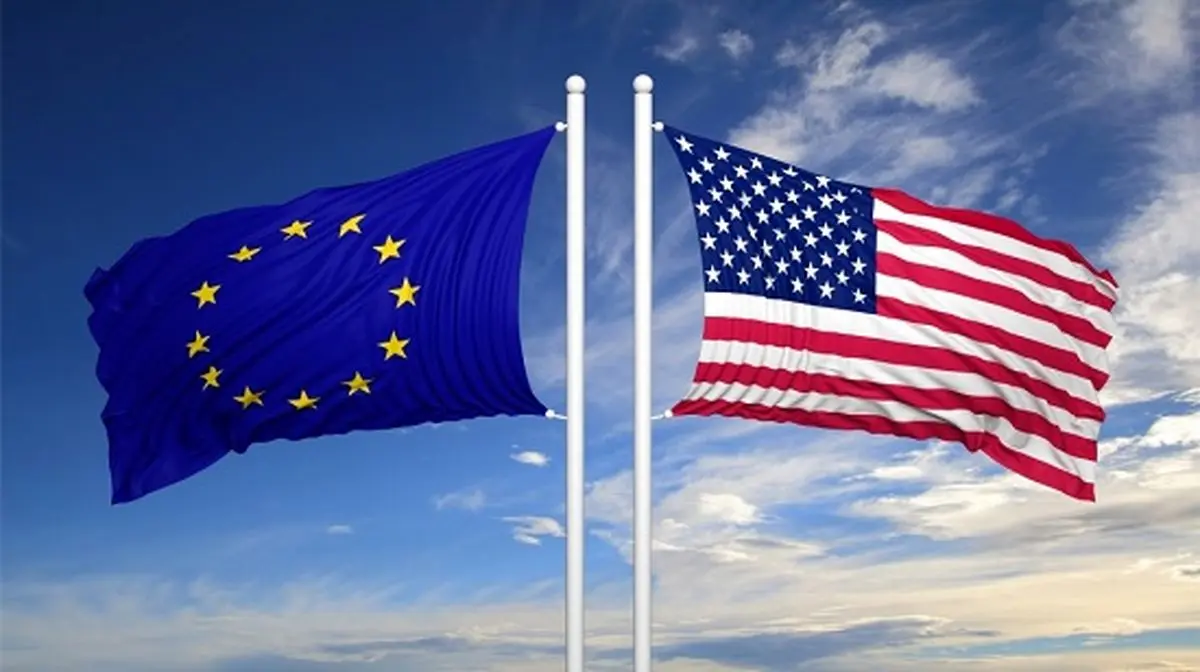EU scrambles to defy US Iran sanctions; Financial Times

The EU has struggled to find a member state to host a new financial channel to shield trade with Iran from looming US sanctions, diplomats said, in the latest hurdle to the bloc’s efforts to save a landmark nuclear deal with Tehran.
The Europeans want to set up a “special purpose vehicle” to process Iran’s import and export payments once Washington clamps down on the country’s central bank and oil industry on November 5. The US action is part of an economic squeeze on Tehran after President Donald Trump pulled out of the 2015 international atomic accord in May; Financial Times reported.
EU countries led by France, Germany and the UK — signatories to the nuclear deal — want to enable non-US trade with Iran to continue in defiance of Washington.
Federica Mogherini, the EU’s foreign policy chief, has said the special purpose vehicle could be in place “before November” — although no formal deadline has been set nor details of its operation given.
EU diplomats told the FT several hurdles remained to putting the plan into action, including the reluctance of member states to host the new financial structure. During European Commission meetings last week to prepare a response to the US sanctions, officials discussed how no member state was willing to be the base for the new Iran set-up, diplomats said.
“No EU government wants to cross the US by having the SPV,” said one official. Another diplomat said: “Member states are not exactly queueing up for it.
EU countries fear the US could punish them politically or even with extra sanctions, diplomats added.
Mike Pompeo, US secretary of state, last month branded the special purpose vehicle plan “one of the most counterproductive measures imaginable for regional global peace and security”.
European diplomats stressed that work to defy the US could yet yield a result before the latest sanctions are restored, or shortly after. One aim is to allow Iran to continue to export oil — one of the main reasons Tehran agreed to curb its nuclear programme in exchange for sanctions relief.
Iranian analysts say the Islamic republic is growing more confident that it can withstand the US sanctions, even if Europe’s efforts face obstacles. The EU has also activated a law to forbid its companies from complying with US sanctions — though many big European businesses have decided to pull back from Iran anyway, rather than risk Washington’s wrath.
Iran should be able to sell at least 1m barrels per day of oil and gas condensates to China and other international customers, many Iranian analysts and business people believe. This is down from 2.8m b/d this year, but high oil prices mean such a level of exports should help the regime survive.
Abdolnaser Hemmati, Iran’s central bank governor, sounded upbeat over the weekend about discussions between the two sides in Brussels last week over details of “a kind of monetary treaty” by which “European and Iranian exporters could continue trade”.
END
